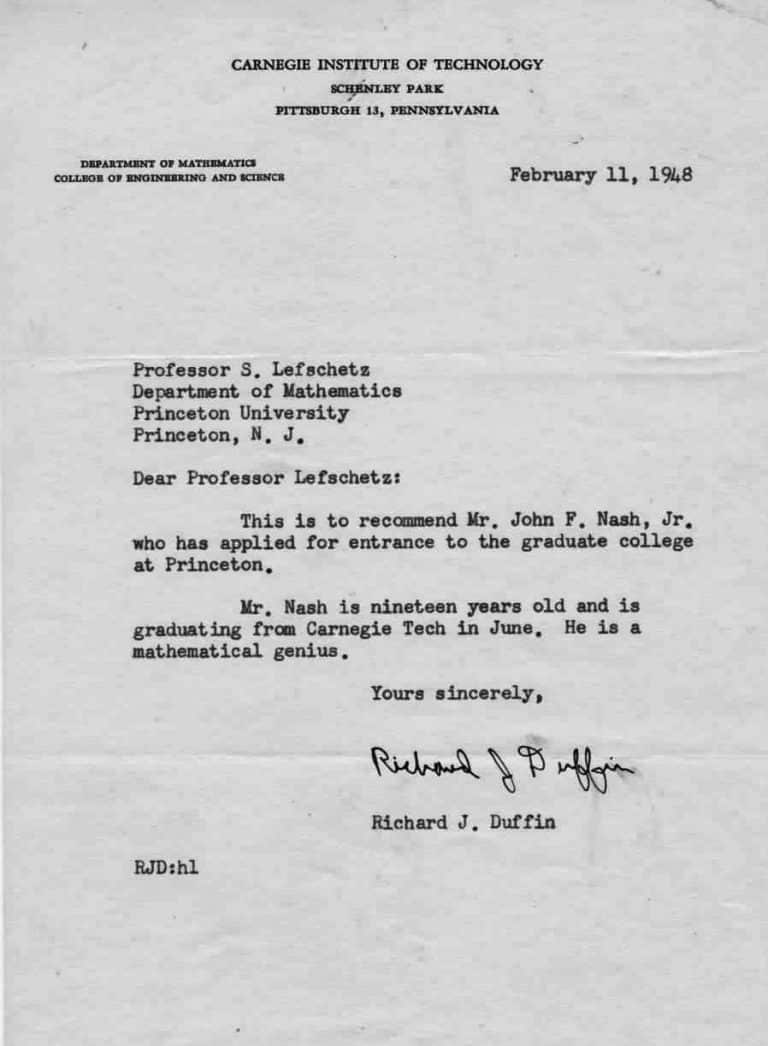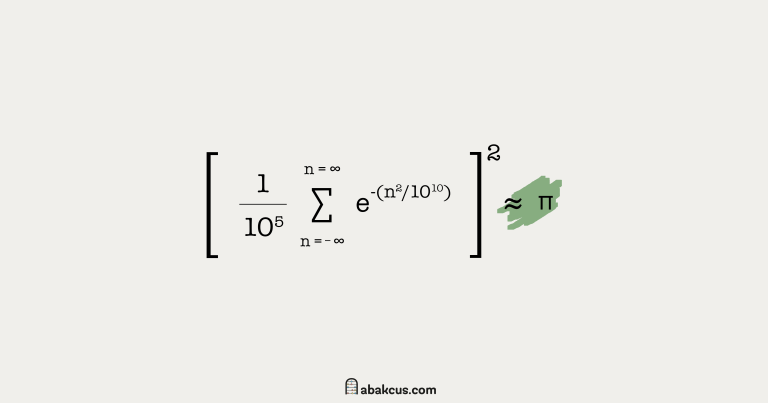In mathematics, two quantities are in the golden ratio if their ratio is the same as the ratio of their sum to the larger of the two quantities, which is about 1.6180. We use the Greek letter ϕ to represent it. The golden ratio is also the solution of the quadratic equation x ^2 − x − 1 = 0. We see the golden ratio everywhere in nature because it appears in some patterns, including the spiral arrangement of leaves and other plant parts.
CATEGORIES
The Golden Ratio (Phi)
In math, two quantities are in the golden ratio if their ratio is the same as the ratio of their sum to the larger of the two quantities.
- Added on:

Thanks for reading!






